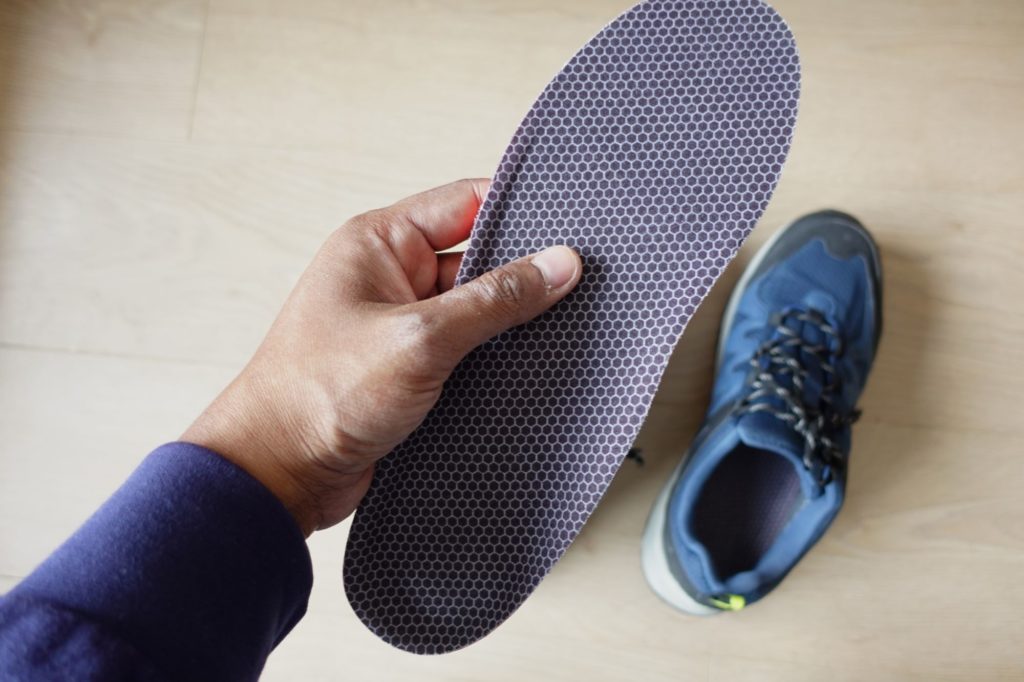As we get older, it’s normal for our bodies to experience many changes—and our feet are not exempt. Older adults often face unique challenges when it comes to foot health, including reduced circulation, decreased skin elasticity, and a higher risk of conditions like arthritis. Taking care of your feet becomes increasingly important to maintain mobility and overall comfort. Here are some tips to help older adults keep their feet healthy and lower the risk of common age-related issues.
1. Regular Foot Inspections
Doing regular self-exams can help you catch potential problems early. Look for any cuts, bruises, blisters, or changes in skin color. If you notice anything unusual, such as persistent redness, swelling, or sores that do not heal, consult your podiatrist promptly.
2. Keep Your Feet Clean and Dry
Good hygiene is crucial for preventing infections. Wash your feet every day with a mild soap and take care to dry them completely, making sure to get between your toes. This helps prevent fungal infections like athlete’s foot, which can be more common as you get older.
3. Moisturize Regularly
Aging can cause the skin on your feet—especially on your heels—to become dry and cracked. Use a good-quality moisturizer to keep your skin hydrated, but avoid applying lotion between the toes, as this can encourage fungal growth. Regular moisturizing helps maintain skin elasticity and prevents cracks that can be painful and/or lead to infections.
4. Trim Your Toenails Properly
Keep your toenails trimmed to prevent problems like ingrown nails. Cut them straight across and avoid rounding the corners. If you have a hard time reaching your feet or have existing conditions that make trimming your toenails difficult, consider asking a loved one or caregiver to help.

5. Wear Supportive Footwear
Proper footwear is essential for foot health, especially as you age. Choose shoes that provide good arch support, cushioning, and a wide toe box to comfortably accommodate conditions like bunions or hammertoes. Avoid high heels and narrow shoes that can worsen existing foot problems. Getting professionally fitted for shoes can make a huge difference in choosing the right pair for your feet.
6. Stay Active
Regular exercise and massage can improve circulation and maintain foot strength and flexibility. Activities like walking, swimming, and gentle stretching and mobility exercises are excellent choices. Always wear appropriate footwear for the activity to avoid injuries.
7. Manage Chronic Conditions
Conditions like diabetes and arthritis can have significant impacts on foot health. If you have diabetes, monitor your blood sugar levels closely and have regular foot exams by a healthcare professional. For conditions like arthritis, discuss pain management and mobility options with your doctor to maintain an active lifestyle.
8. Maintain a Healthy Weight
Since your feet hold up the rest of your body, there is pressure put on them when standing. Excess weight can put additional pressure on your feet, leading to pain and other issues. Maintaining a healthy weight through a balanced diet and regular exercise can reduce the strain on your feet and improve overall health.
9. Seek Professional Care When Needed
Don’t hesitate to seek professional care if you experience persistent foot pain, changes in the appearance of your feet, or any other concerns. A podiatrist can provide specialized care and recommend treatments to keep your feet healthy.
10. Use Orthotics if Necessary
Custom orthotic inserts can provide additional support and relieve pressure on certain areas of your feet. If recommended by your podiatrist, these tools can help manage conditions like plantar fasciitis, arthritis, and flat feet.
Caring for your feet as you age is vital for maintaining your independence and quality of life. By following these tips and being proactive about your foot health, you can reduce the risk of common age-related foot problems and enjoy greater comfort and mobility.
This blog post is meant for informational purposes only and does not constitute professional medical advice. If you are experiencing foot health issues or have questions, make an appointment with a health care professional.